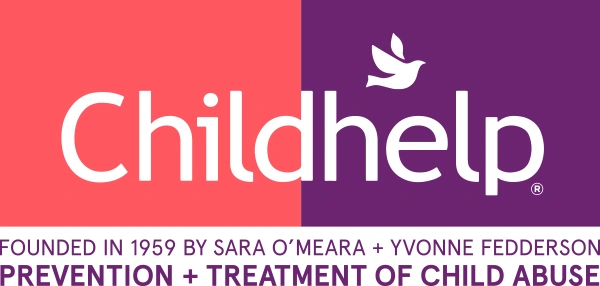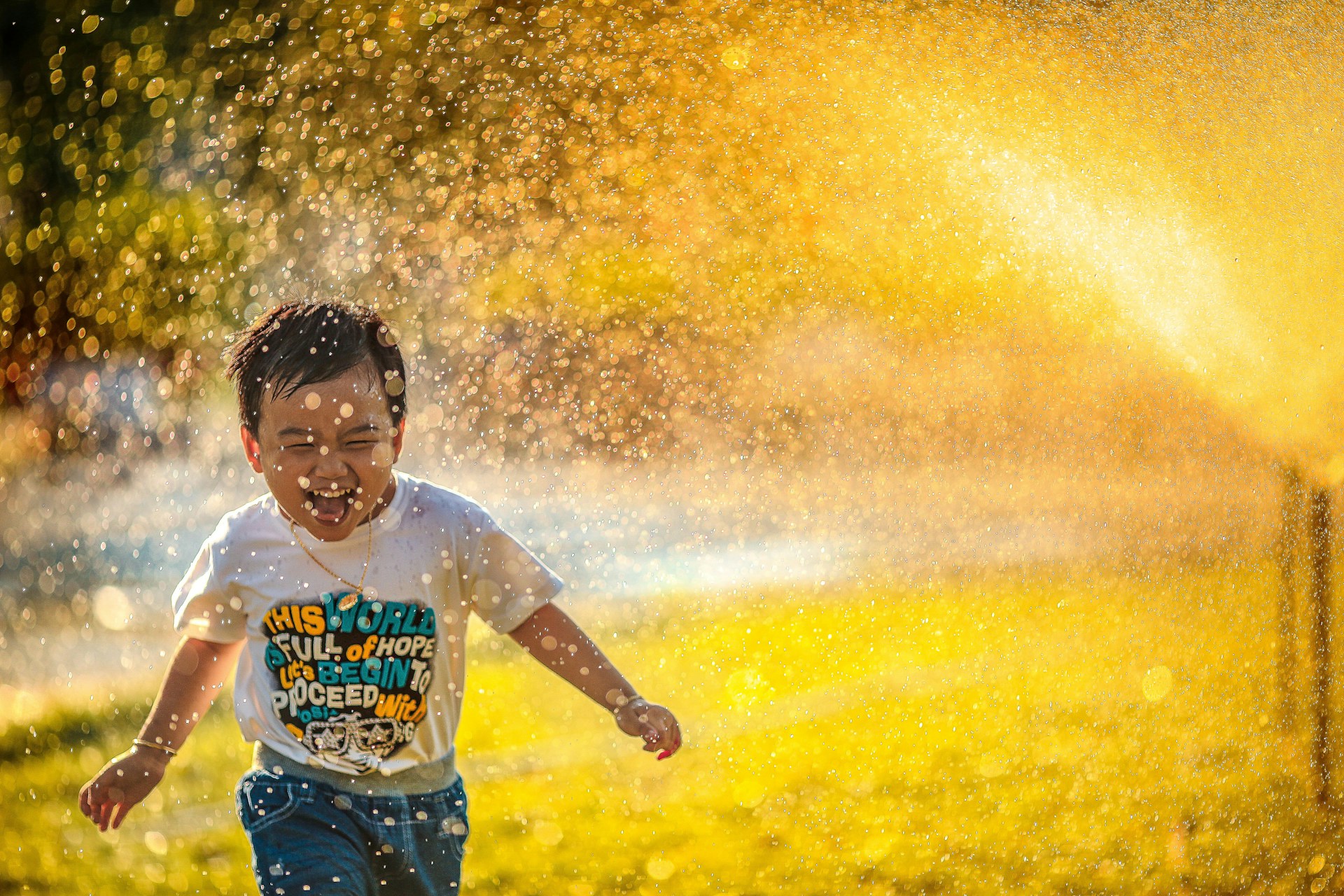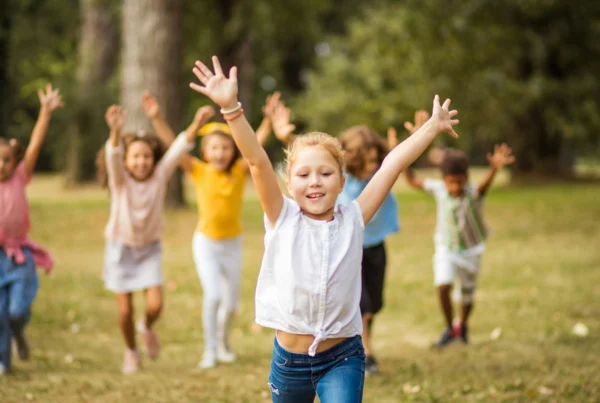With summer quickly approaching, many children are eagerly anticipating a break from the routine of school and homework, and looking forward to days filled with fun and adventure. But for some children, school represents more than just an educational institution — it serves as a safe haven from difficult and unsafe home environments. With school out of session, communities, parents and caregivers must be vigilant and proactive in ensuring the safety and well-being of all children during the summer months.
During the school year, teachers and school staff play a critical role in identifying and reporting signs of abuse or neglect. When schools close for the summer, children may lose their primary source of support and oversight. This period can be particularly challenging for children living in unstable or abusive situations, increasing their risk of harm.
Be aware and communicate
Understanding the signs of abuse and what to look for can make a significant difference in early intervention. Childhelp Speak Up Be Safe offers a free informational mini-course about the signs, symptoms and risk factors of child abuse that serves as a helpful refresher and offers resources.
Regular check-ins from teachers, counselors and community members can help maintain a support network for children who might be at risk. Additionally, it’s important to educate children on safe places in their neighborhood, such as police stations, fire stations, libraries, youth centers and trusted shop owners in the event they need help.
Online safety is important, as well. The FBI estimates there are more than 500,000 predators online at any given time. Most are skilled at deceiving kids, pretending to be a peer or someone they know, in an attempt to get personal information and then exploit it. Make online accounts private and teach kids why it’s important to be careful in the virtual world. Childhelp offers a free series of age-appropriate videos about online safety, starting with grades pre-K–2.
Watch more in an interview with Arizona’s Family 3TV:
Empower kids with knowledge
Childhelp’s Speak Up Be Safe curriculum teaches kids that a safe adult cares about their well-being, listens and helps. Be that person. Tell them that they can talk to you about anything — even when they feel like they did something wrong (and predators will try to convince them of that).
Teach kids the five strength-affirming rules from the Childhelp Speak Up Be Safe curriculum:
- It’s MY body: No one has a right to touch me in any way I do not want.
- Ask an adult if I’m safe: It’s not my job to know everything. I have safe adults to talk to when I feel unsafe.
- I have choices: There are things I can do when a safe adult is not around, like run from danger, scream and threaten to tell.
- Tell someone: Always tell my safe adults if I feel unsafe or unsure.
- It’s never my fault: Abuse is always the abuser’s fault, and I should never feel ashamed or afraid.
The safety and well-being of children during the summer requires a collective effort from parents, caregivers, educators and community members. By increasing awareness, providing resources, and fostering supportive environments, we can help ensure that every child has a safe and fun summer. Remember, vigilance and proactive measures can make a profound difference in the lives of children who may rely on school as their only safe space. Watch our videos “Speak Up!” and “Be Safe!” for more information.
Learn how to get the Childhelp Speak Up Be Safe curriculum in your school.




